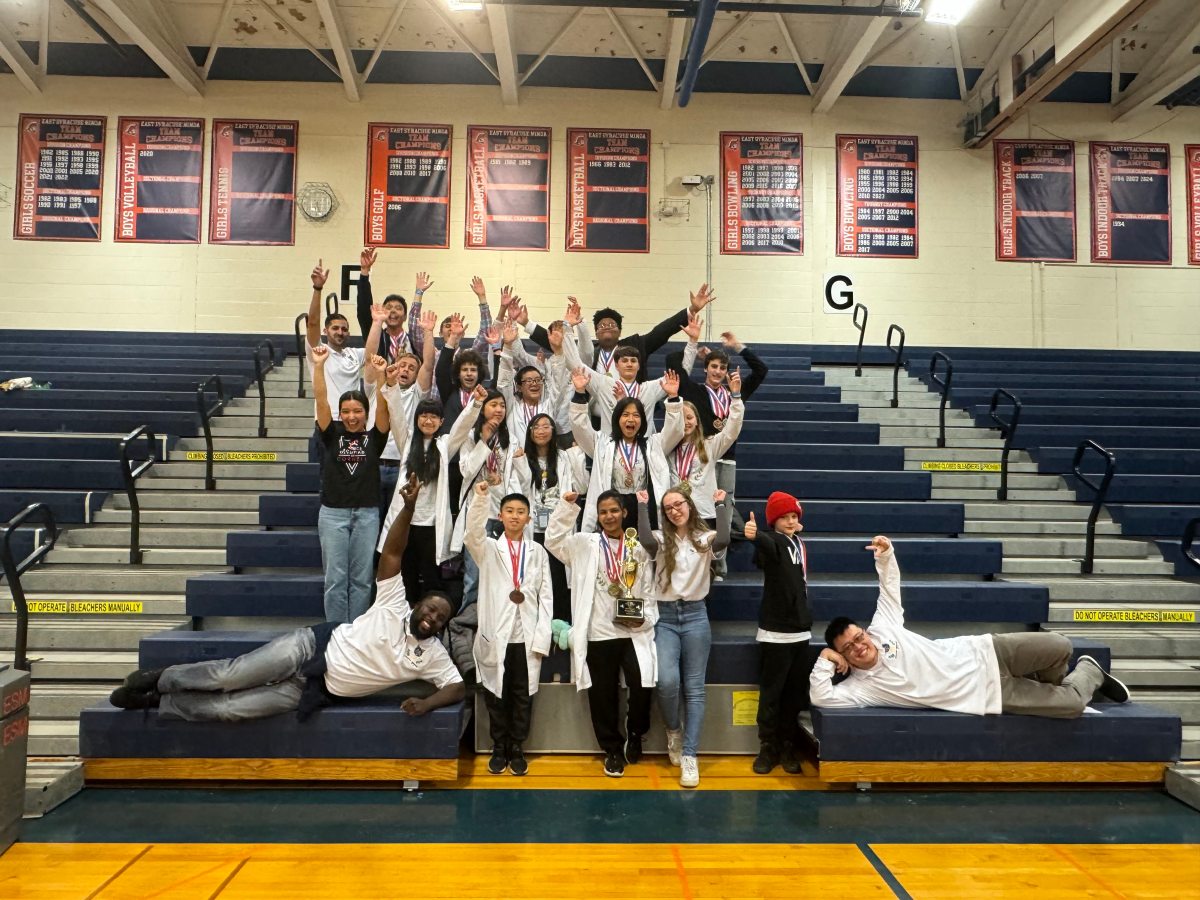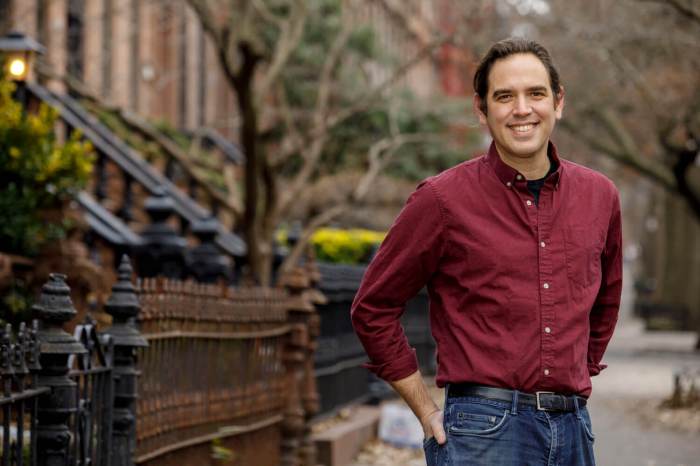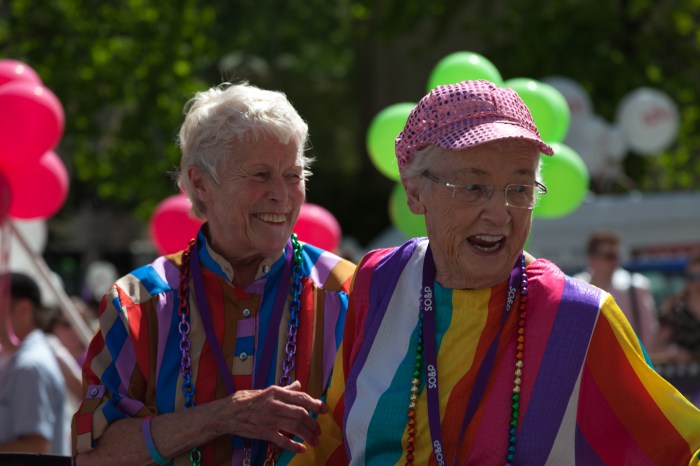Voters in New York City’s only swing congressional district will get a second chance this November to cast their vote between incumbent Republican Rep. Nicole Malliotakis and former Democratic Rep. Max Rose, as the two go head to head in a rematch of their 2020 contest being closely watched across the nation.
Malliotakis, who is also running on the Conservative Party line, has repped the southern Brooklyn and Staten Island-based 11th District since 2021, after defeating one-term incumbent Rose in a tight general election contest. Her term has been controversial, defined just days into it when she voted against certifying the 2020 presidential election, based on Donald Trump’s bogus claims of widespread electoral fraud.
More recently, in the wake of the Supreme Court’s Dobbs decision, Malliotakis has faced questions regarding her vague stance on abortion, an ambiguity Rose has been happy to exploit.
Rose won the seat in 2018 after defeating GOP incumbent Dan Donovan, helping Democrats retake the House that year. He positioned himself as a moderate Democrat, voting against Nancy Pelosi for Speaker. He was intensely critical of former Mayor Bill de Blasio and criticized progressives who embraced defunding the NYPD in 2020, but Malliotakis repeatedly declared falsely that he did in fact support the defund movement by noting his participation in a Black Lives Matter march that spring.
Rose went on to narrowly lose his seat to Malliotakis that November. He briefly mulled running for mayor in 2021 but ultimately took a job in the Biden administration, serving as a senior advisor in the Defense Department on COVID-19 strategy. He declared his intention to seek his old seat last year.
Initially, it appeared that Rose might be able to cruise his way to victory in the district when a bipartisan redistricting commission failed to produce new maps, leaving redistricting up to the Democratic-controlled State Legislature. Albany Democrats redrew the Brooklyn portion of the 11th to include deep blue Sunset Park and Brownstone Brooklyn neighborhoods instead of the more conservative southern Brooklyn nabes long within its boundaries.
The new boundaries flipped the district from one that preferred Donald Trump by 11 points in 2020, to one that preferred Joe Biden by 9 points, according to the CUNY Graduate Center’s Redistricting and You project.
The new maps were widely seen as a partisan gerrymander intended to shut out Republicans from the city’s congressional delegation, and limit their presence statewide. The state’s top court, the Court of Appeals, agreed, striking down the maps and ordering them redrawn by a court-appointed “Special Master.”
Special Master Jonathan Cervas’ redraw restored the district largely to its old boundaries, which includes all of Staten Island and the southern Brooklyn neighborhoods of Bay Ridge, Dyker Heights, and Bensonhurst, once again making the district one that favored Trump in 2020, this time by 7 points.
Malliotakis and Rose easily dispatched their primary challenges running to their right and left, respectively.
Rose won 73.4% of the Democratic primary vote against democratic socialist Brittany Ramos DeBarros’ 20.6%, while educator Komi Agoda-Koussema came away with 4.2%.
Malliotakis, meanwhile, won 77.8% of votes in the GOP primary against antivax activist John Matland, who got 21.3%.
Both primaries saw low turnout, as is typical in city elections, but more Democrats turned out for the primary in the 11th than did Republicans: 22,198 Democrats voted in the August primary in the district, compared to 15,914 Republicans.
Malliotakis has the endorsements of most of the NYPD’s police unions, including the Detectives’ Endowment Association and Sergeants Benevolent Association, but notably has not yet won the backing of the largest and most politically powerful one, the Police Benevolent Association (PBA). She also has backing from unions representing firefighters, transit workers, sanitation workers, mail carriers, and construction workers, plus the powerful American Israel Public Affairs Committee (AIPAC) and the US Chamber of Commerce, a powerful business group, among others.
Rose, meanwhile, is backed by two teachers’ unions (United Federation of Teachers and New York State United Teachers), plus unions repping government employees, retail workers, electrical workers, court officers, and carpenters. He also is backed by Planned Parenthood, the gun control group BradyPAC, and a number of organizations aimed at preserving voting rights and pursuing campaign finance reform.
Prognosticating pundits are largely in lockstep in predicting a Malliotakis victory in November, but there’s been limited polling in the district; the only poll thus far was commissioned by the National Republican Congressional Committee, finding Malliotakis ahead of Rose by 15 points back in July. The race is being closely watched by forecasters and politicos across the country as a potential bellwether for the national electoral landscape.
























